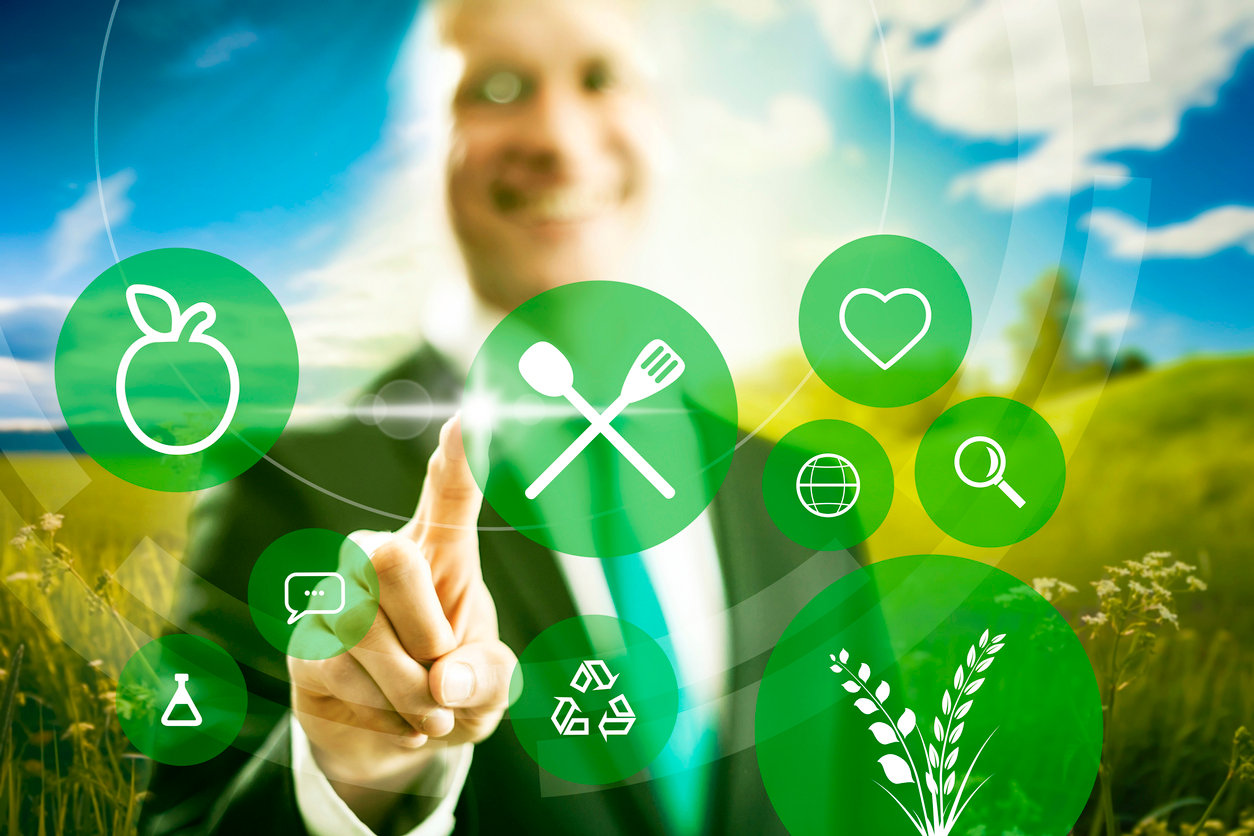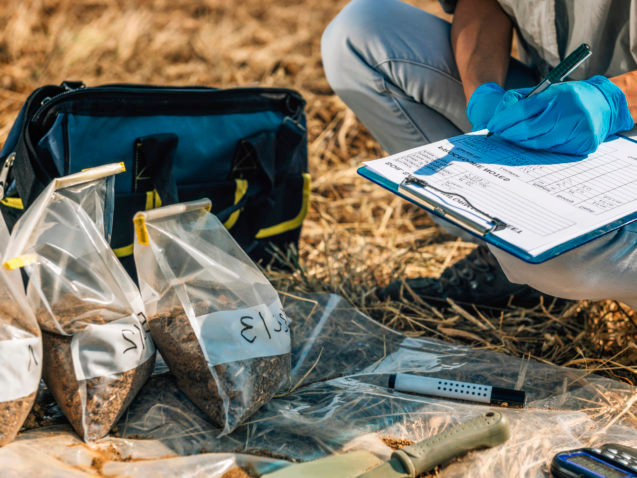If we are to create a truly sustainable food system, we cannot do it alone. We need our collective ingenuity – from the public and private sectors, from individuals and groups, from governments and NGOs – to come up with the innovations needed to live within our economic, social and environmental limits. This sort of collaboration is central to the work the European Institute of Innovation and Technology (EIT) which is why we spoke to Paola Giavedoni, Director of Innovation at EIT Food, to find out more.
Why does our food system need innovation?
Our food system needs a strong and rapid transformation to keep up with the challenges we are facing: a combination of demographic, environmental and health issues is threatening the future of our food. Specifically, key factors we have identified include low consumer trust, distorted nutritional habits, a disconnected and fragmented supply chain, and sustainability across the whole food value chain.
Our ability to address these issues when working individually is poor, and it is this that EIT Food is looking to change.
Can you explain what ‘EIT food’ is?
EIT Food is a European public-private innovation community, with around 170 partners across Europe spanning the whole food value chain. Together we form a big, open-innovation ecosystem that seeks to address these complex challenges facing the food sector.

Our role is to guide and accelerate the innovation process that will transform the food system, and to do this, our work is focussed around four different pillars: innovation, education, business creation, and public engagement. One of our strengths are that we are extremely consumer-centric, which differentiates us from other knowledge innovation communities.
Our vision is to put Europe at the centre of a global transformation in how food is innovated, produced and valued by society. We want to catalyse this transformation in order to meet the demands of current and future generations, by acting as an agent of change within the European food system.
How is EIT Food addressing innovation?
Our programmes of work have been designed to directly address the challenges faced by the food system and are focused around six innovation areas: alternative proteins, sustainable agriculture, targeted nutrition, sustainable aquaculture, digital traceability, and circular economy.
Within each of these focus areas, we are co-funding a portfolio of projects supported by our ecosystem of partners, which includes leading European industries, universities and research centres, as well as a network of startups, working to launch new products, services and business models which can transform the way food is produced and consumed. You can get a flavour of these projects and find out more about our partners on our website.
What role does the private sector have in food innovation?
The private sector has a huge role to play in innovation of the whole food value chain – our industry partners are actively driving our programmes of work. The open collaboration system of EIT Food brings added value to this, by enabling the sharing of ideas and activities with partners from across the food value chain. For example, our industrial partners have easy access to top European science and technology through our academic partners, entrepreneurs, our startups and scaleups.
What is the future for EIT Food?
EIT food is all about open collaboration, through platforms and tools which enable us to connect together, share information and co-create innovation. These are things we are working on all the time. We have ambitious plans, and we want to engage even more of the food value chain through our activities, programmes and projects.
We are organising a virtual conference in December ‘The Future of Food’, which will bring together key stakeholders active in agrifood research, innovation and education, along the whole food value chain. Our aim is to provide a high-level platform to discuss future trends and priorities in food innovation in Europe, alongside the broader context of both the UN Sustainable Development Goals and key objectives of the EU Food 2030 policy. I would urge anyone interested in the future of food to join us and explore opportunities to shape the future of food together.
To find out more about EIT Food, visit the website www.eitfood.eu, or register for the Future of Food conference here.




